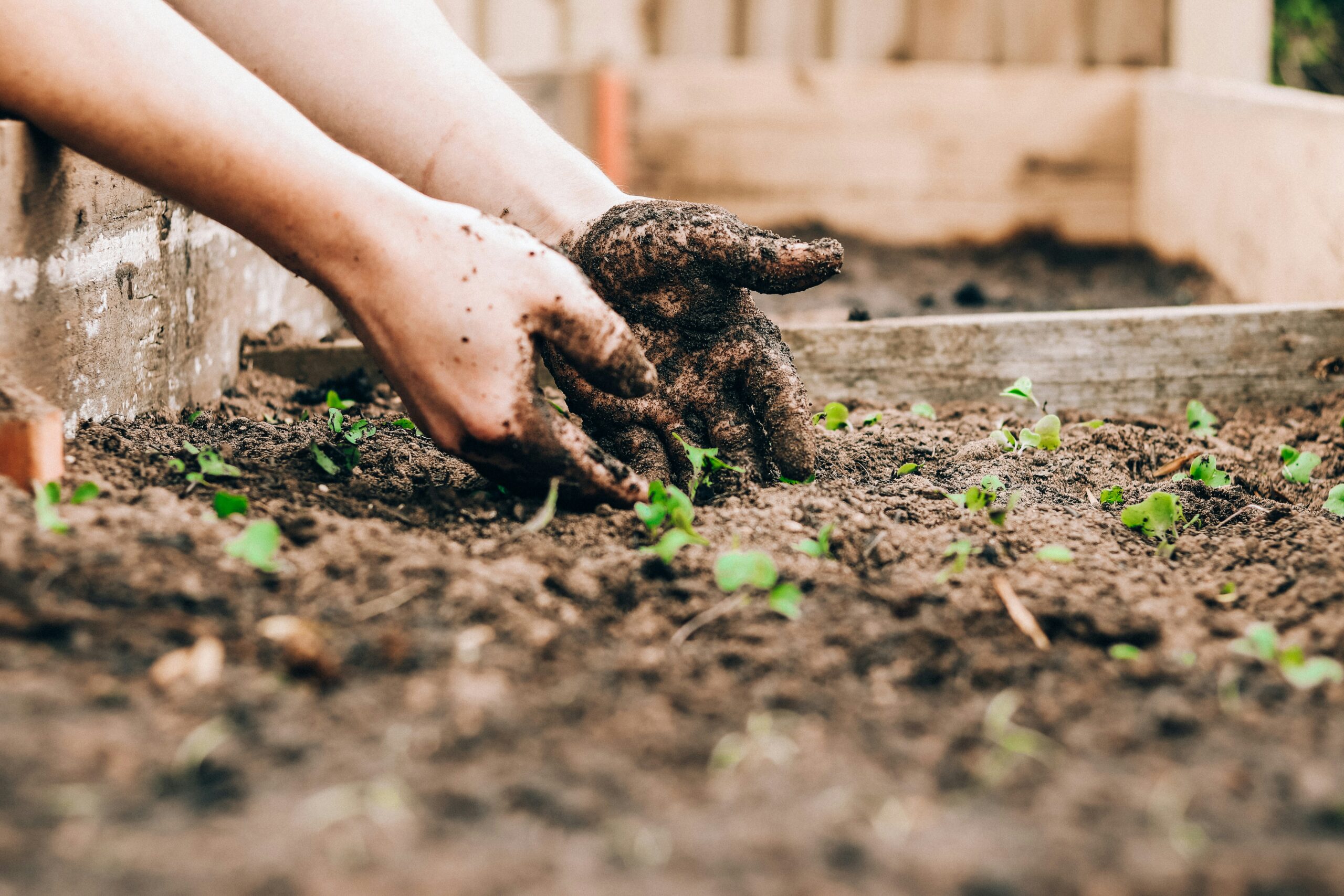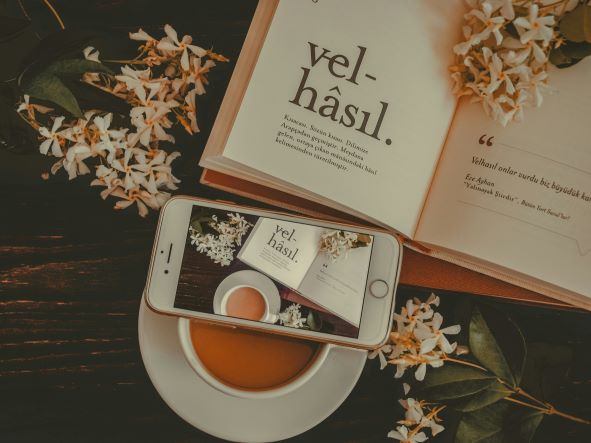Photo by Esranur Kalay on Unsplash
Daily Habits: What We Can Learn From Others
Some of the best teachers are the people around us. Every day, people have or strive for habits that create structure, practicality, and order into their daily routine. Habits are usually formed around the motive of health, happiness and balance, but take twenty one days for it to truly stick. The following is a glimpse into an interview with Rochelle Mollman, where she shares how there is more to wellness than one might expect.
Interview with Rochelle Mollman: "We have to take care of ourselves first."
Community is central to Mollman’s wellness. She encourages and inspires students of hers, sharing lessons of self-love drawn from her journey. She emphasizes that no matter what size she has been, Mollman has always been herself, fostering her students’ confidence and self-acceptance. This connection reinforces her purpose and enriches her life.
Personal wellness, for Rochelle Mollman, means feeling comfortable in her own skin and maintaining physical freedom. Through intentional habits, she achieves health, happiness, and balance. Her daily practices include prioritizing sleep, hydration, balanced nutrition, and listening to her body’s needs. “Balance is really important,” she notes, using her “inner voice” to address physical, mental, or emotional gaps.
Mollman integrates enjoyable activities like yardwork into her routine, which provides her physical exercise that gives her mental clarity. “I’m with the birds and plants… it’s such a good exercise to clear my head,” she says. This approach makes wellness sustainable and fulfilling.

Photo by Sandie Clarke on Unsplash
One of Mollman’s most significant achievements is losing nearly 300 pounds. Once struggling with mobility and self-esteem, she learned to process emotions without masking them with food. “The only way to the other side is to go through,” she reflects, highlighting resilience and self-care’s transformative power.
Interview with Rochelle Mollman: "The only way to go is through."
In a workplace that tends to be occasionally infiltrated with drama, Mollman manages stress using strategies like the “let them” approach, focusing on what she can control. Self-care involves setting boundaries, seeking quiet time, or getting a massage when needed. “I have not always been a good listener to my body,” she admits, embracing this evolving practice.
Mollman’s journey shows that wellness demands dedication and self-compassion. Her habits—intuitive self-care, balanced activities, and community engagement—offer a model for optimizing daily life and inspiring others.
Annabelle Janke
Student Writer - Spring 2025









